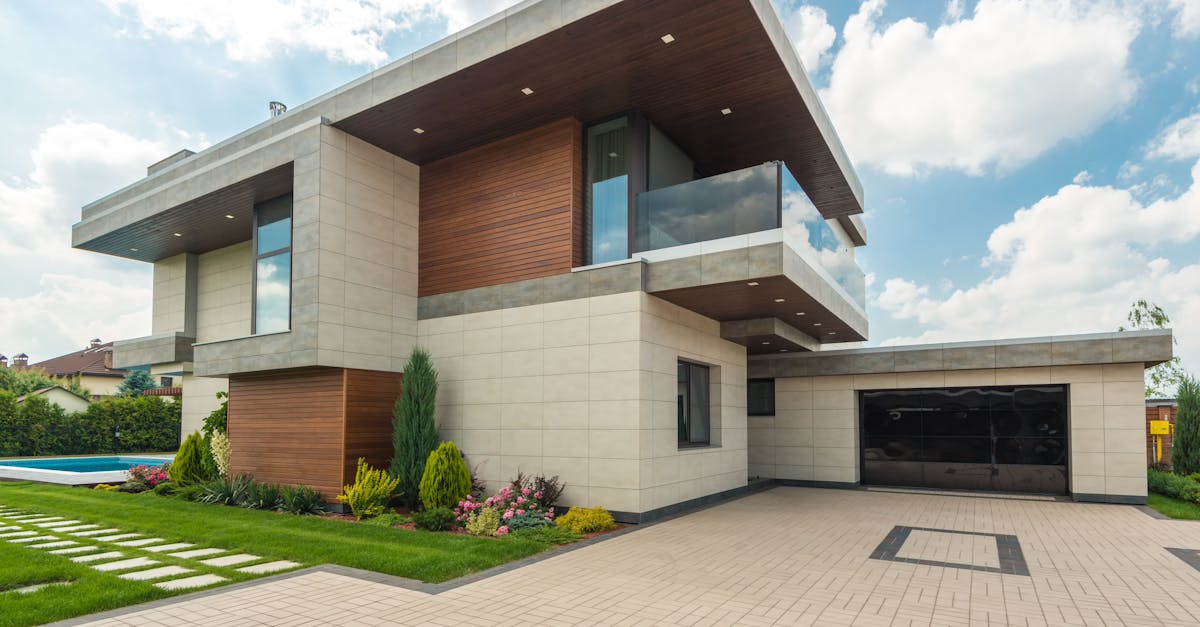The Dubai real estate market has not only rebounded post-pandemic—it has exploded into one of the world’s most dynamic and resilient property ecosystems. With over AED 528 billion (approx. $142 billion) worth of transactions in 2024, the emirate shattered historical records and continued to attract both local and global investors seeking high returns, safety, and lifestyle integration.
As we step into 2025, let’s unpack the forces fueling Dubai’s real estate boom, analyze the top-performing segments, and forecast what lies ahead for investors, end-users, and developers.
The Numbers Behind the Surge
2024 marked Dubai’s best-ever performance in real estate history. According to the Dubai Land Department (DLD), the emirate recorded over 180,900 property transactions, representing a 17% increase in volume and a 23% increase in value compared to 2023. Notably:
- Off-plan sales surged, accounting for more than 60% of all transactions. Developers launched new communities at an aggressive pace, meeting surging demand from international buyers.
- Luxury villas saw a 30% YoY price appreciation in hotspots like Palm Jumeirah, Emirates Hills, and Dubai Hills.
- Affordable housing markets like JVC, Dubai South, and Al Furjan also saw strong absorption rates, especially from first-time buyers and expats on long-term visas
Why Dubai? The Global Magnet Effect
The key to Dubai’s sustained growth lies in its magnetic pull on global capital. The following five drivers contributed heavily to 2024’s boom and are likely to define 2025:
a) Golden Visa & Investor-Friendly Policies
The UAE’s Golden Visa program—offering long-term residency to property investors (starting from AED 2 million investments)—has triggered a wave of international relocations, particularly from Russia, China, India, and Europe. It’s not just about ownership anymore; it’s about life in Dubai.
b) Zero Income Tax
Dubai remains one of the few global cities offering world-class infrastructure, safety, and amenities without imposing personal income tax. This makes rental yield significantly more attractive when compared to cities like London, New York, or Singapore.
c) Strategic Global Positioning
Dubai’s timezone, location, and airline connectivity allow investors and businesses to operate easily across Asia, Europe, and Africa. This continues to elevate its status as a global HQ for business and wealth migration.
d) Visionary Infrastructure
2024 saw massive progress in mobility infrastructure—new roads, bridges, and Dubai Metro expansions. With projects like Dubai Urban Master Plan 2040 and the Dubai 2040 Economic Agenda, the long-term vision is clear: sustainable, diversified urban living.
e) Lifestyle Capital of the Region
From Michelin-starred restaurants to world-class healthcare and education, Dubai is branding itself as a place to live, not just invest. Lifestyle-led communities (like Tilal Al Ghaf, Dubai Creek Harbour, and Jumeirah Bay Island) offer luxury, wellness, and convenience—all in one.
Top Performing Segments in 2024
Luxury & Ultra-Luxury Homes
The high-end market exploded in 2024. Homes above AED 20 million sold faster than ever before. High-profile sales in areas like Palm Jumeirah and Jumeirah Bay made global headlines, with properties fetching AED 100 million or more. Demand has been primarily driven by global UHNWIs diversifying portfolios outside of volatile equities and crypto.
Branded Residences
Branded developments—from Bugatti Residences to Armani Beach Residences—offer premium design, exclusivity, and strong resale value. With over 50 branded projects launched in the last two years, this segment remains on fire.
Short-Term Rental-Friendly Zones
Neighborhoods like Dubai Marina, Business Bay, and Downtown Dubai saw record yields due to Airbnb and short-stay demand. The tourism rebound post-COVID has turned these areas into cash-generating hubs for investors.
Challenges to Watch in 2025
While optimism remains high, no market is without headwinds. Key concerns for the next 12 months include:
- Interest Rate Volatility: With global central banks still battling inflation, financing costs remain unpredictable. However, many Dubai buyers still purchase in cash, softening the blow.
- Oversupply in Mid-Tier Segments: The surge in off-plan launches raises concerns about oversupply in the next 2–3 years, particularly in affordable zones.
- Regulatory Tightening: Authorities may introduce new cooling measures to maintain sustainable growth—such as stricter lending criteria or higher transfer fees for luxury sales.
2025 Outlook: What Investors Should Expect
The market is expected to moderate—but not collapse. Most analysts, including Knight Frank and Deloitte, predict a 5–10% growth in prices across the residential sector in 2025. Here’s how it’s shaping up:
- Premium Market: Slight deceleration in price hikes but continued demand, especially for waterfront and low-supply homes.
- Off-Plan: Remains hot, particularly in family-friendly master-planned communities like The Valley, Arabian Ranches III, and Damac Lagoons.
- Rental Market: With Dubai’s population expected to cross 4 million by 2026, rents are projected to rise another 5–8%, particularly in areas near the metro and new business hubs.
Strategic Advice for Buyers and Investors
As someone deeply embedded in this market, here are my personal tips going into 2025:
- End-Users: Lock in fixed-rate mortgages now. The price trajectory is still upward, and buying early in Q2 2025 will give you the best entry point before new launches start pulling attention mid-year.
- Investors: Focus on short-term rental zones or look for undervalued resale opportunities in Downtown and JVC. Yields are still outperforming traditional asset classes.
- Flippers/Developers: Be cautious of saturation. Stick to plots in emerging infrastructure zones like Dubai South, Expo City, and Al Maktoum Airport corridor.
The Rise Continues
Dubai’s real estate boom is not a fluke. It’s the result of long-term planning, proactive governance, and a unique value proposition for global residents. With its blend of luxury, safety, and profit potential, Dubai has secured its place among the world’s top property investment destinations.
As we head deeper into 2025, savvy investors should focus on fundamentals: location, developer track record, legal due diligence, and rental demand. For those who play smart, the returns in Dubai real estate will continue to defy global averages.


